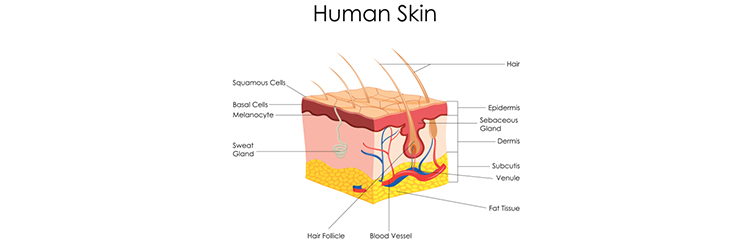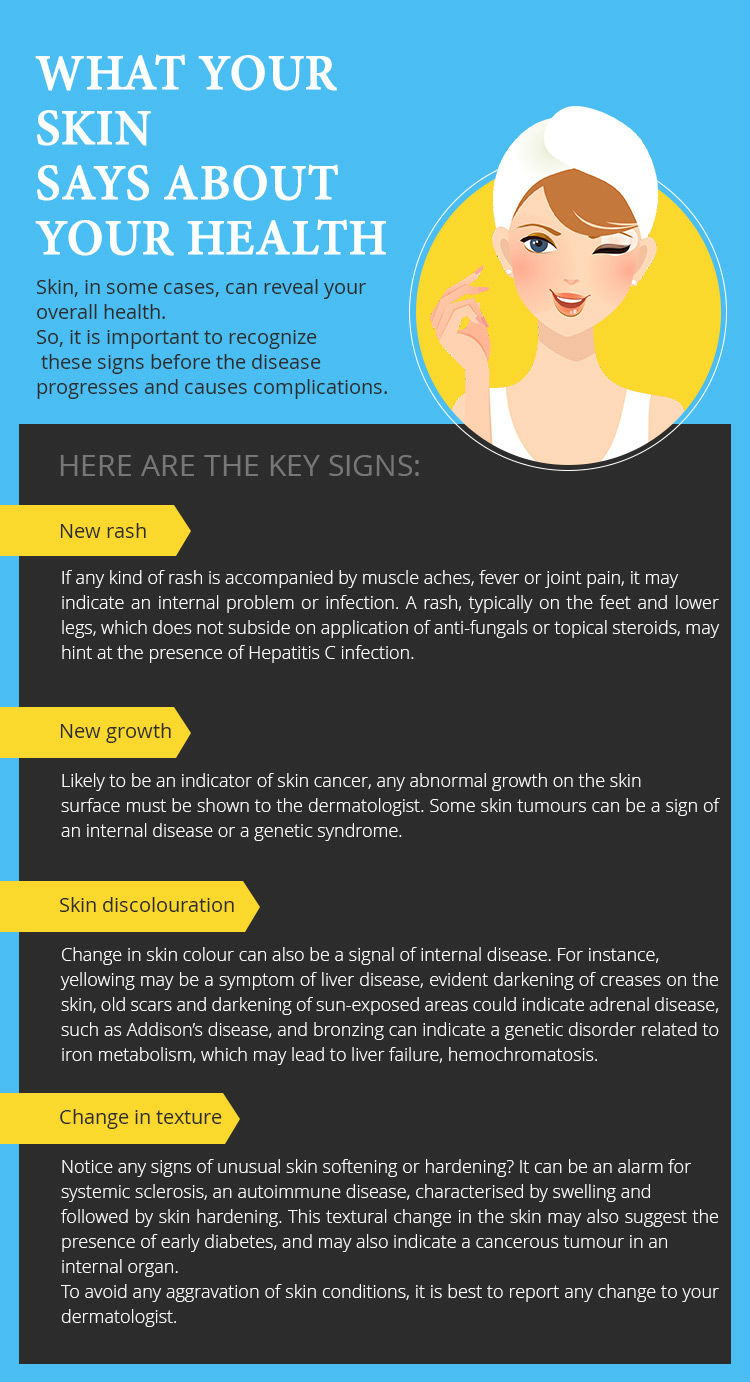Skin is a vital protective organ of our body. It helps our body in more ways than we probably know. It acts as a protective layer to all body organs, including the heart, lungs, kidneys, and muscles. Unless external factors cut or damage it, skin keeps away germs and dust, thereby, helping maintain the overall health of our body. [1]
Therefore, it is important to keep the skin condition optimum to avoid common skin problems. The bottom line is: Don’t neglect even the slightest symptom of skin allergy and diseases.
How to keep your skin protected
Considering all that the skin does for your body, it is imperative that you take care of it by considering the following pointers:
– Scrapes, bumps, and cuts are normal occurrences. However, you can avoid these by wearing the right protective equipment, such as helmets, elbow pads, knee pads, and gloves, especially when you are involved in activities that expose your skin to the risk of injury.
– Be careful while you are in the vicinity of a sharp or hot object, as an accident could damage your skin, or even leave permanent scars.
– In case of scratches, burns, and cuts, clean your skin properly with warm water and soap, and apply a bandage to it so that no germs or dirt enter your body through it. Ignorance may lead to serious skin conditions, such as Vitiligo, Alopecia Areata, Epidermolysis Bulllosa, Psoriasis, and even Skin Cancer. [3]
While people, generally, are very careful about their facial skin, they ignore the skin in the remaining parts of the body due to which they tend to miss out on observing some early symptoms of skin-related problems. It has been estimated that in developing countries up to 80% people suffering from skin diseases do not take treatment, and are ignorant about what it takes to maintain healthy skin.
In India, half of the population doesn’t take proper medication as prescribed by the doctor. And when it’s to common skin diseases, this ignorance, according to researchers, can lead to serious complications.[4]
Therefore, it is advised to take proper care of your skin. Meet your dermatologist immediately if a problem, however small, persists despite treatment. Protect your skin. You owe it to your skin – after all, it protects all other organs in your body.
References:
[1]. About skin: Your body’s largest organ. 2015. About skin: Your body’s largest organ. [ONLINE] Available at: https://www.aad.org/dermatology-a-to-z/for-kids/about-skin. [Accessed 07 October 2015].
[2]. Skin can show first signs of some internal diseases , aad.org. 2015. Skin can show first signs of some internal diseases , aad.org. [ONLINE] Available at: https://www.aad.org/stories-and-news/news-releases/skin-can-show-first-signs-of-some-internal-diseases–. [Accessed 07 October 2015].
[3]. Healthy Skin Matters. 2015. Healthy Skin Matters. [ONLINE] Available at:http://www.niams.nih.gov/Health_Info/Kids/healthy_skin.asp. [Accessed 28 September 2015].
[4]. Structure and Function of the Skin . 2015. Structure and Function of the Skin . [ONLINE] Available at: http://www.clinimed.co.uk/Wound-Care/Education/Wound-Essentials/Structure-and-Function-of-the-Skin.aspx. [Accessed 28 September 2015].















